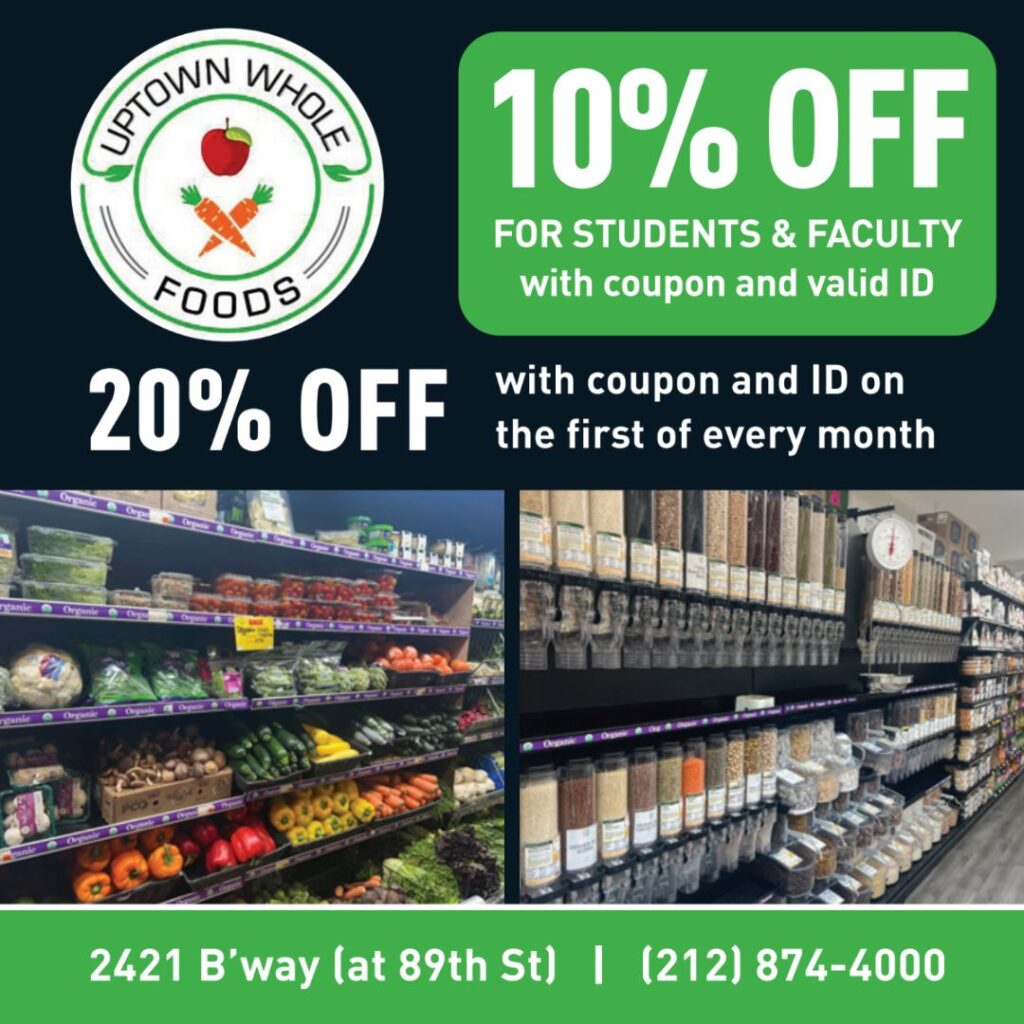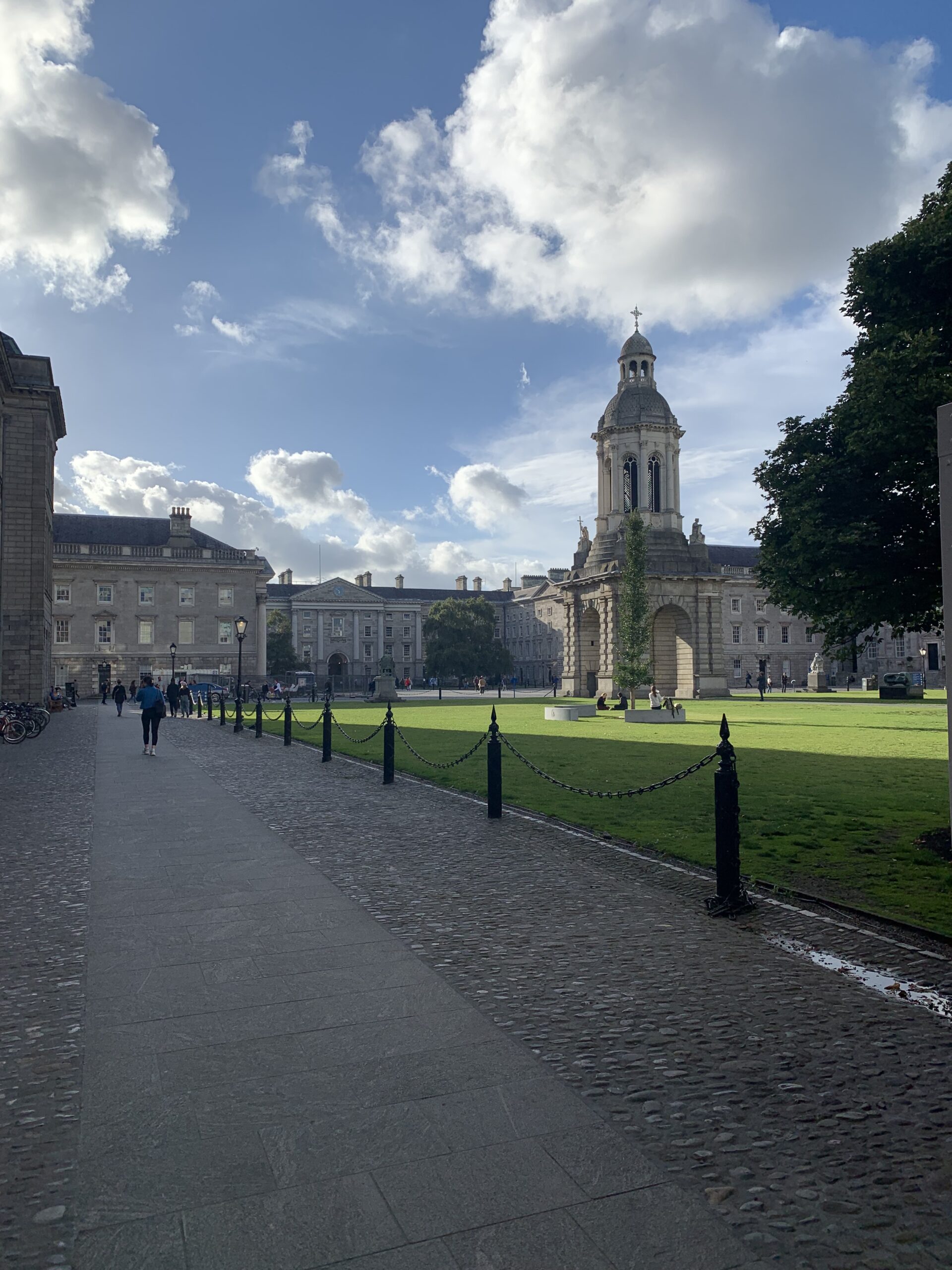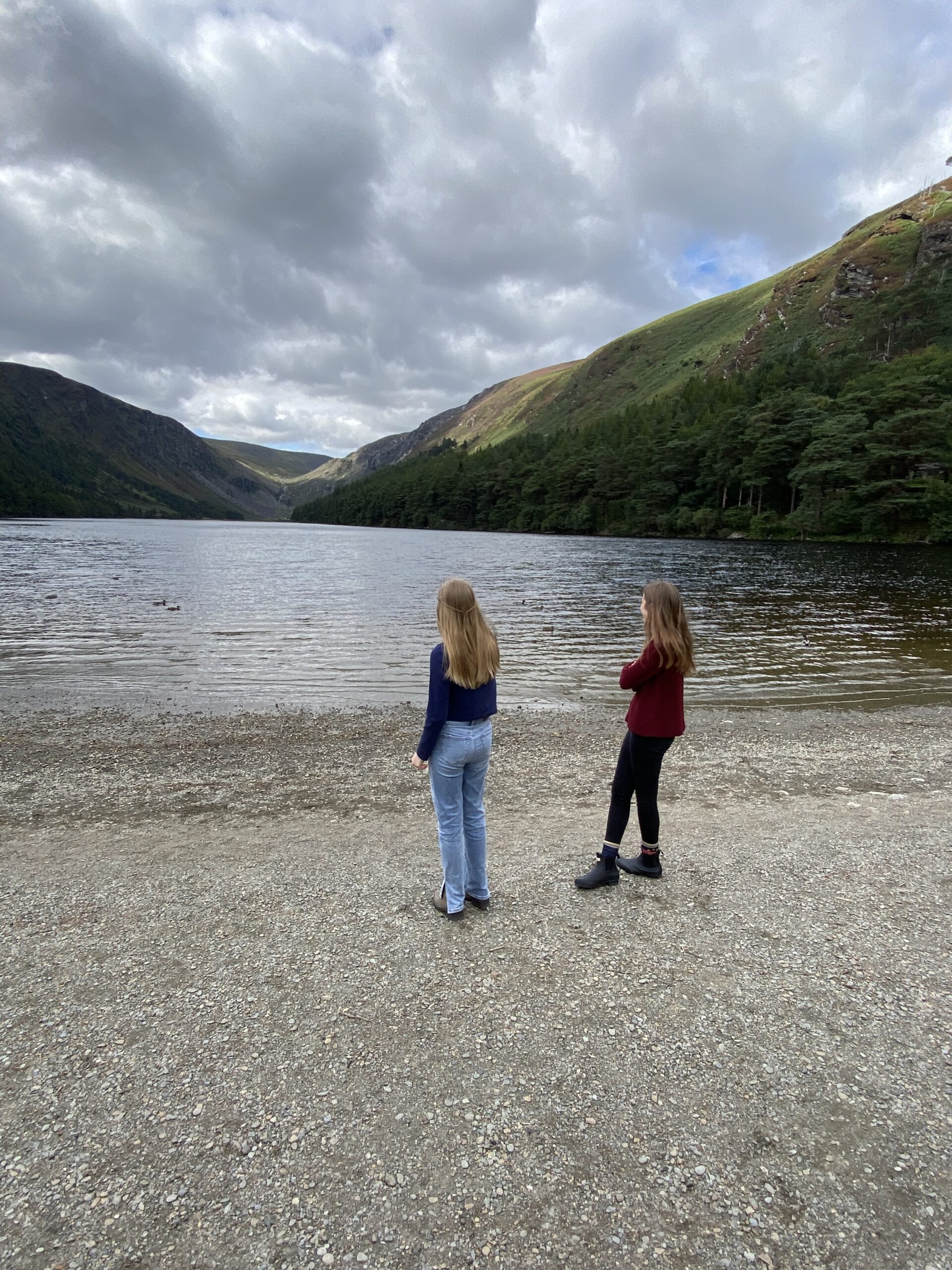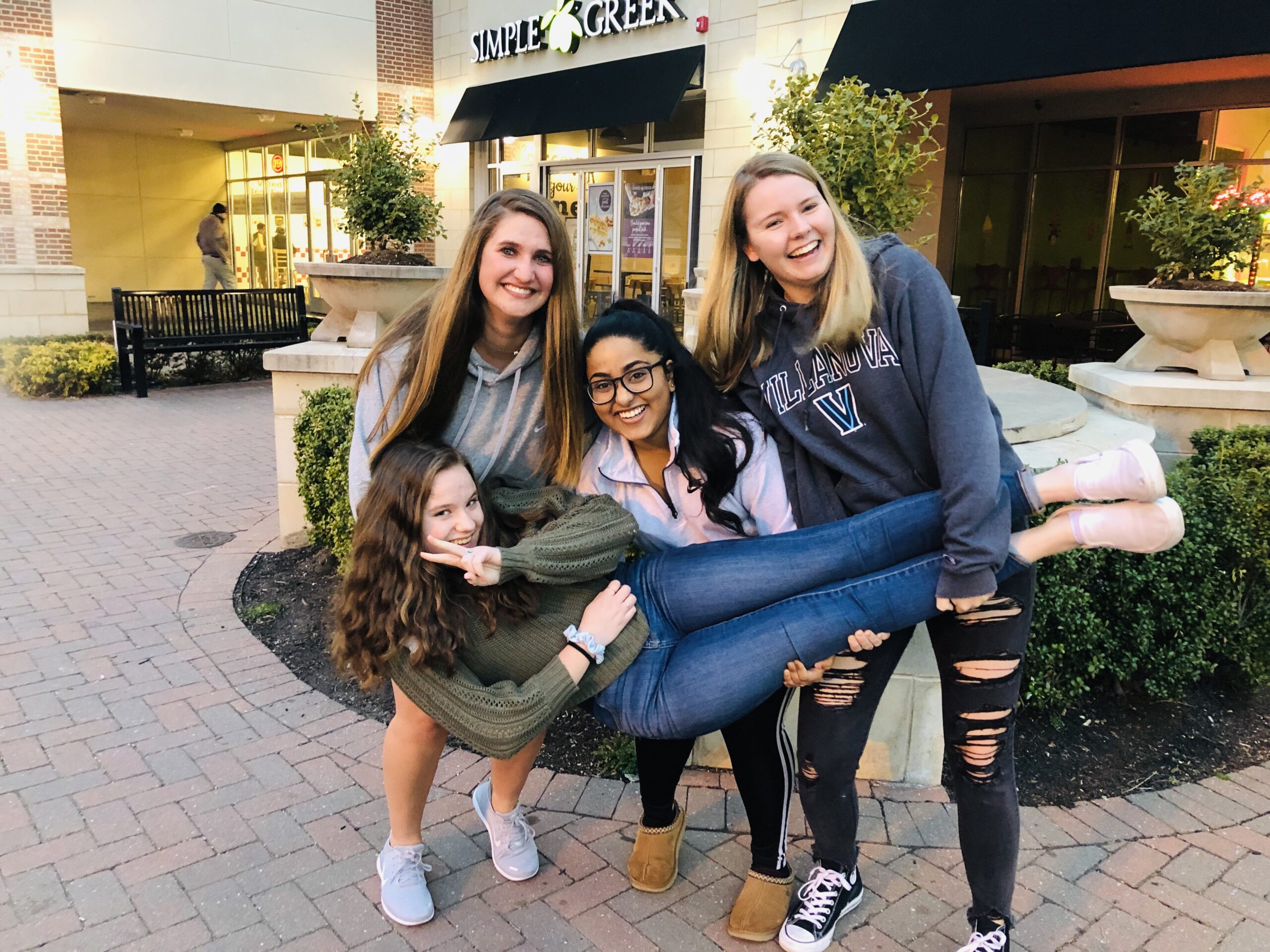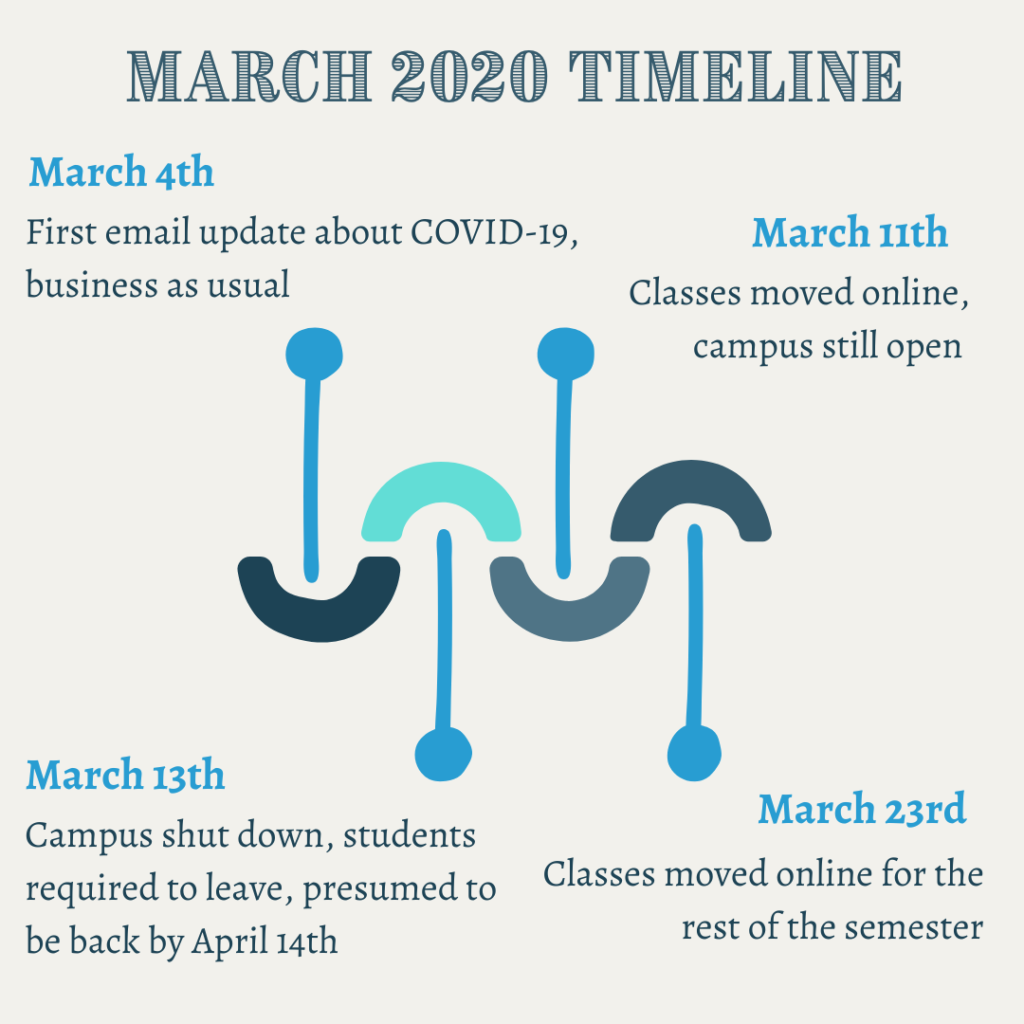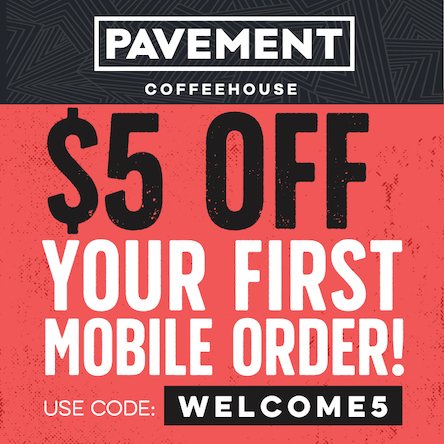After completing an entire school year at Columbia University, so many people have asked me “how did you like your first year?”. It’s safe to say that I left campus a changed person. I learned, I laughed, I got off at the wrong subway station more times than I can count. When I walked across the Brooklyn Bridge for the first time, I was so sure I had made the right decision to move across the country. When an East Coast storm flooded the streets, the subway, and my shoes, my heart ached for home. It was all so much. The one constant about New York is that it’s always changing. Buildings are erected and dismantled in the blink of an eye, while the scaffolding at the corner store stands tall and immortal. The subway takes millions of passengers across the city every day, each with a different destination in mind. At times, New York can feel like it’s moving too fast.

Over the course of the past few chapters, I’ve investigated the different miracles and mishaps that come with one’s freshman year in New York City. Finding community is essential to maintaining sanity while finding your place in this whirlwind of a city. Exploring your neighborhood, joining clubs with similar interests, and practicing small acts of kindness are a few ways to promote a pleasant and healthy shift into undergraduate life from the shelters of high school. At the end of the day, these have been a few tools and tips I’ve laid out to help support the incoming college freshman. Questions, however, are still bound to arise even after these practices are put into action. What happens after freshman year is over? How can I make new friends after the first semester? Can I survive this place for three more years?
Though I can proudly claim I’ve survived a year in New York, I’ve still got a long way to go before I’ve fully realized all that the city has to offer. The honest truth is that I don’t have everything figured out yet, but another truth exists in tandem: I don’t have to! The opportunities, lessons, and experiences available in this metropolis are as sprawling and infinite as the city itself. One could spend a lifetime and a half living in New York and barely scratch its surface. It’s unrealistic to try and master it all, but it’s worthwhile to experience as much as you can. As young adults in New York City, it’s our privilege and responsibility to squeeze as much as we can out of our time here. Emphasis on “as much as we can”, nothing more. Take in as much as you can bear with grace and move forward.

Adaptability and growth mindsets are your best friends when it comes to reconciling with life in the Big Apple. The power of the growth mindset, believing that your current can be developed and is not fixed, is dynamic and cherishable. The ability to change yourself for the better is crucial when it comes to that smooth transition home sweet home to the urban jungle. Whether you’re anxious to start your first year in New York City or you’re frustrated because your subway is delayed again, retaining that growth mindset is one of the best ways to get through it all. So while you’re out living your dreams in the city that never sleeps, remember: New York City is ever-evolving, so we should be too.
By Thomas Stewart
Thomas currently attends Columbia University and plans to double major in creative writing and human rights. At Columbia Thomas is a staff writer for the City News section of the Columbia Daily Spectator, where he publishes articles that concern the West Harlem community. In his free time, you can find him practicing music or trying new vegetarian recipes

Theres nothing wrong with treating yourself every once in a while. Students can get 15% off a meal at The Grand Feast by showing a coupon and student ID.
For over 20 years, the Campus Clipper has been offering awesome student discounts in NYC, from the East Side to Greenwich Village. Along with inspiration, the company offers students a special coupon booklet and the Official Student Guide, which encourages them to discover new places in the city and save money on food, clothing, and services.
At the Campus Clipper, not only do we help our interns learn new skills, make money, and create wonderful e-books, we give them a platform to teach others. Check our website for more student savings and watch our YouTube video showing off some of New York City’s finest students during the Welcome Week of 2015.











